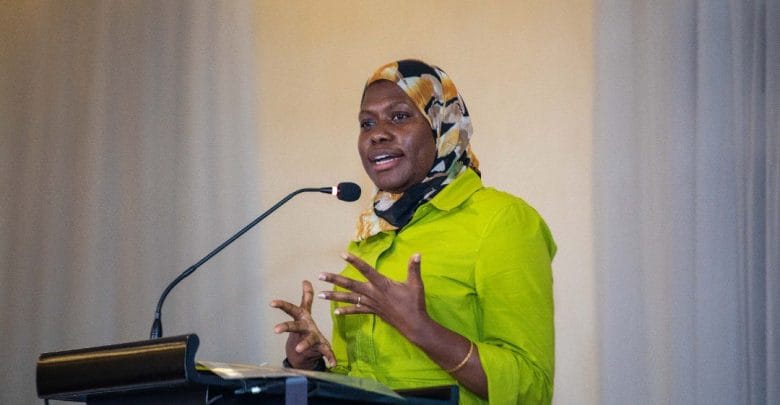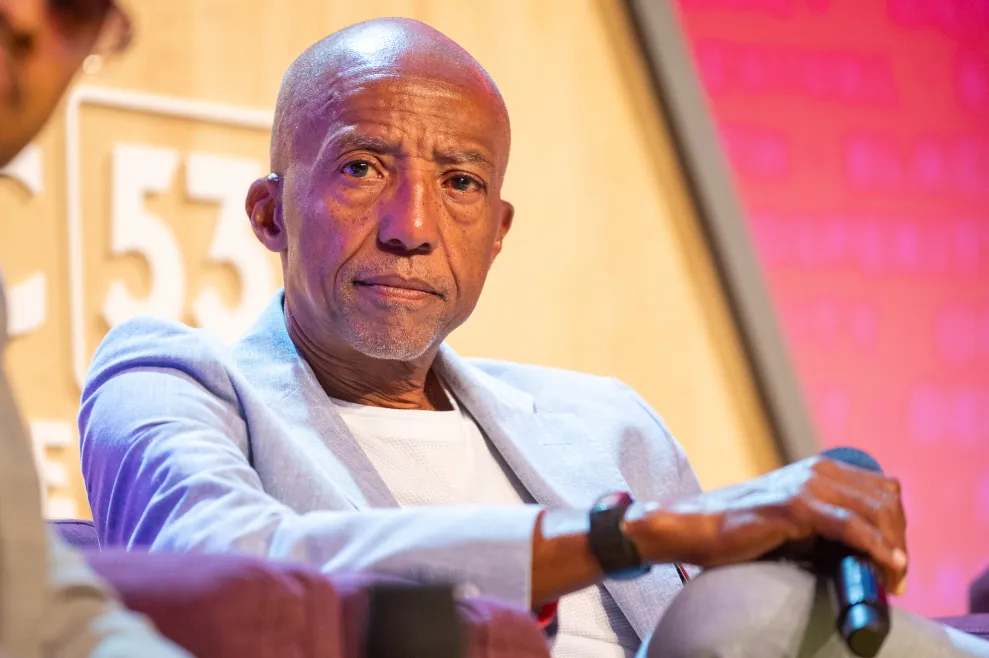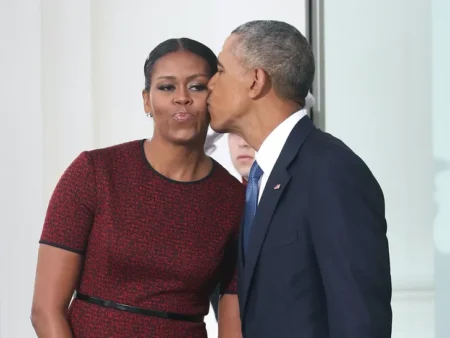KAMPALA – A heated debate has emerged within the Ministry of ICT and National Guidance over the allocation of Shs 400 million for media coverage of President Museveni’s monitoring and evaluation tours of the Parish Development Model (PDM).
The funds, earmarked for live broadcasts and promotional content by UBC and NBS TV, have sparked dissent among ministry officials, with some questioning the transparency and fairness of the selection process for media partners.
Lack of Transparency in Media Selection
Several officials have voiced concerns about the absence of an open selection process, arguing that the decision to allocate the substantial budget exclusively to UBC and NBS TV lacks clarity.
“What criteria was used to pick UBC and NBS? Why weren’t other media houses given a chance?” an official, speaking on condition of anonymity, questioned.
Some ministry insiders also criticized the decision not to engage alternative platforms, such as Vision Group, Nation Media Group, or digital news outlets with significant readership.
“Why wasn’t the Shs 400 million split among top media houses that support the ministry’s work?” another official asked.
Underutilized Ministry Resources
Adding to the controversy, critics pointed out that the Ministry of ICT’s own social media channels remain dormant, despite their potential to disseminate PDM-related updates at a lower cost.
“Why are we spending millions on external platforms when we haven’t fully utilized our internal resources? This is poor financial management,” a senior official remarked.
The exclusion of other media platforms has reportedly demoralized media owners whose outlets also play a role in promoting government initiatives.
Proponents Defend the Budget
Proponents of the media campaign argue that UBC and NBS TV were chosen for their national reach and ability to deliver live broadcasts and mini-documentaries showcasing the progress of the PDM. They contend that the Shs 400 million investment will enhance public awareness, transparency, and citizen engagement regarding the President’s efforts.
“This initiative aims to highlight the achievements of the PDM while fostering a sense of accountability and inclusivity,” a source close to the campaign stated.
Lingering Questions and Mounting Pressure
Despite these justifications, the lack of transparency surrounding the allocation of funds has cast a shadow over the project. Critics have called for a detailed breakdown of expenditures and a review of the selection process to ensure fairness and inclusivity.
“There needs to be accountability,” one official said. “Without clear criteria, this will only breed distrust.”
Insiders suggest that the controversy may prompt media houses excluded from the budget to scale back their coverage of the President’s PDM tours, further complicating the initiative’s success.
Broader Implications
The disagreement highlights broader challenges in government procurement processes, particularly regarding transparency and inclusivity. As public pressure mounts, the Ministry of ICT has yet to issue an official statement addressing the concerns.
For now, the fate of the Shs 400 million media campaign remains uncertain, with calls for reforms that ensure better utilization of resources and equitable opportunities for media platforms across the board.













